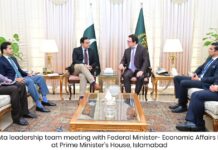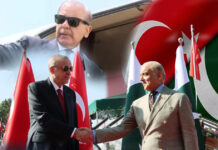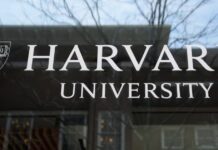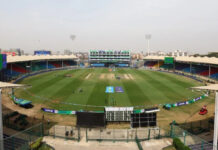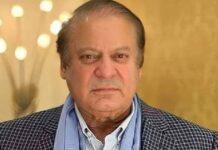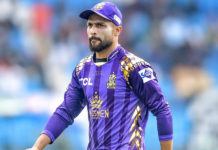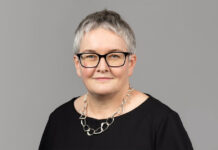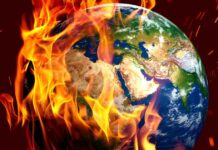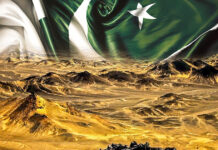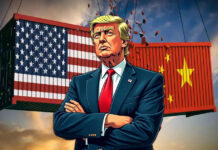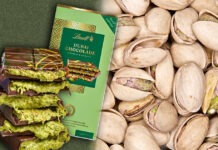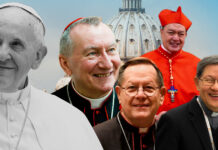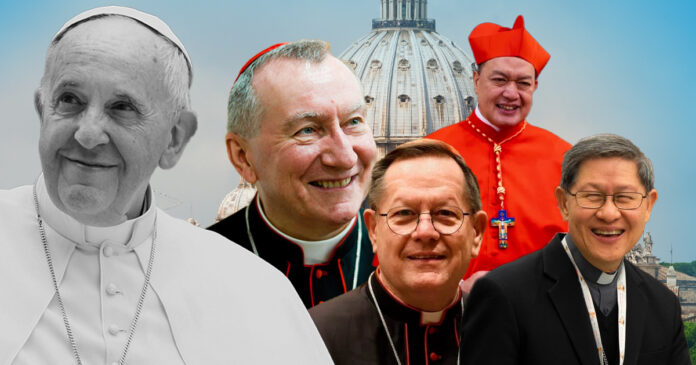After the passing of Pope Francis, speculation is only natural about who could eventually replace him. A new pope is elected in a conclave — a private assembly of the College of Cardinals under the age of 80 — wherein the selection of the next leader of the Catholic Church is said to be guided by the Holy Spirit. Forecasting the outcome is notoriously difficult, since cardinals tend to seek out qualities appropriate to the perceived needs of the Church at that particular moment. The familiar maxim, “He who enters the conclave a pope, leaves it a cardinal,” testifies to this uncertainty.
Yet, based on their current positions, experience, and influence within the Church, a number of cardinals are frequently named by Vatican commentators as likely candidates, or papabili. A few notable ones include:
Cardinal Luis Antonio Tagle (Philippines, born 1957)
Credentials: Currently the Pro-Prefect for the Section of New Evangelisation of the Dicastery for Evangelisation. Formerly Archbishop of Manila and Prefect of the Congregation for the Evangelisation of Peoples. Holds doctorates in sacred theology.
Profile: Known for his pastoral warmth, communication skills, and focus on the “Church of the poor.” Seen by many as a symbol of continuity with Pope Francis’s vision and representative of the Church’s growing role in Asia. His relative youth is also a noted advantage.
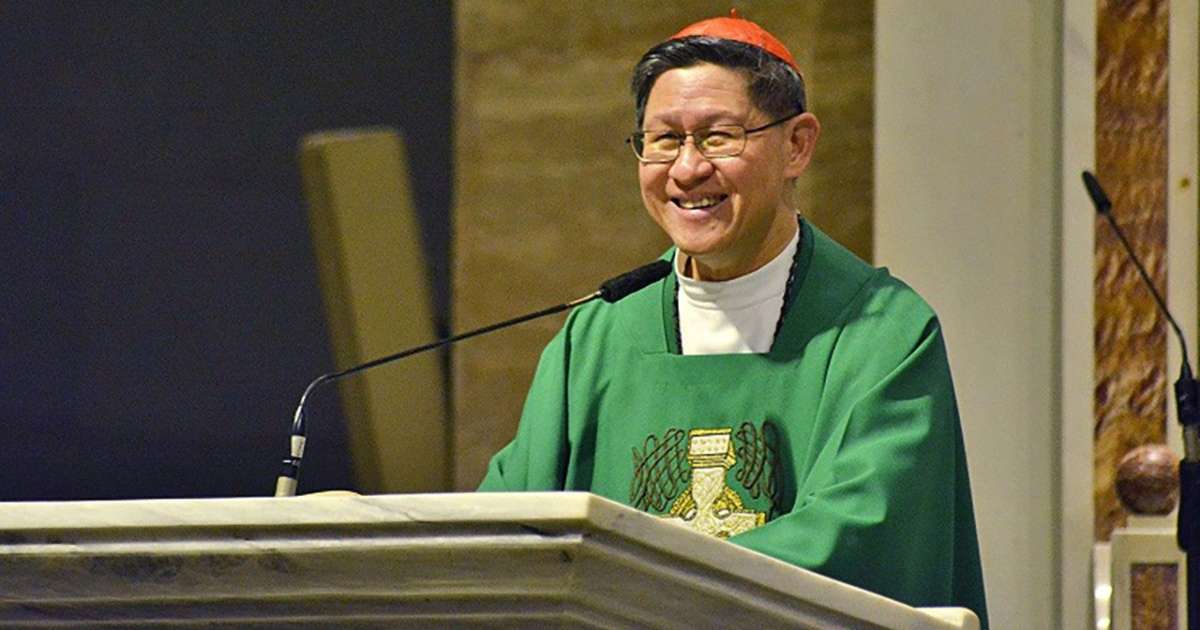
Cardinal Pietro Parolin (Italy, b. 1955)
Credentials: Vatican Secretary of State since 2013 — effectively the Holy See’s chief diplomat and administrator. Former Apostolic Nuncio to Venezuela. Holds a doctorate in canon law.
Profile: As a central figure in the governance of the Church during Pope Francis’s pontificate, Parolin represents experience, stability, and a deep understanding of both the Roman Curia and global Church diplomacy. Often viewed as a candidate for continuity and administrative efficiency.
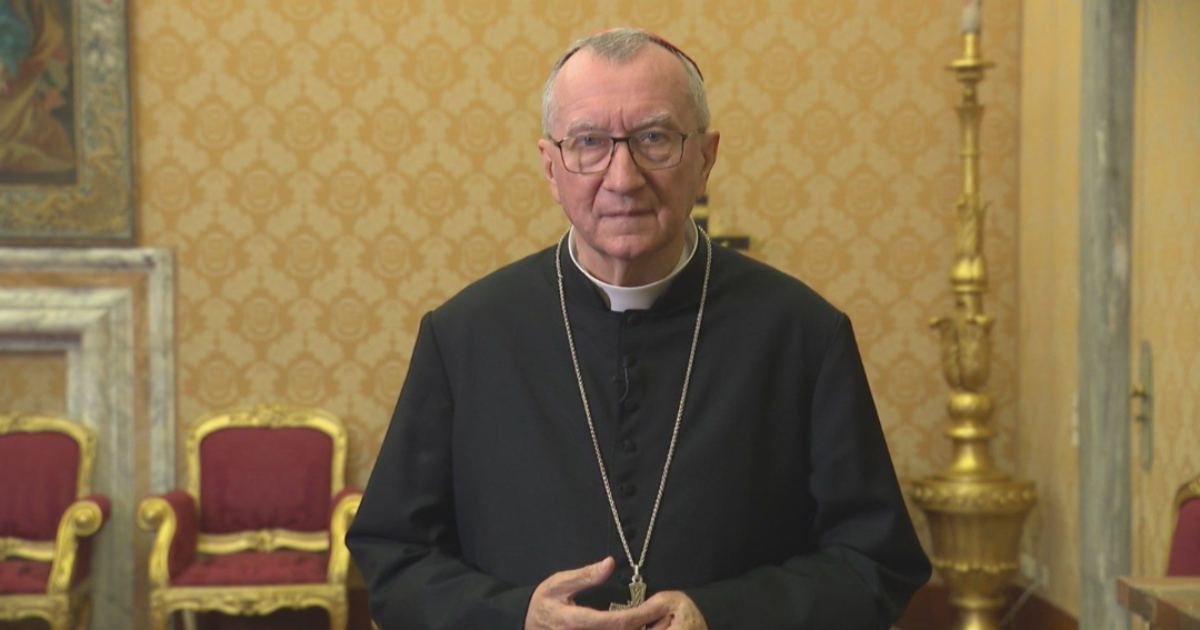
Cardinal Péter Erdő (Hungary, b. 1952)
Credentials: Archbishop of Esztergom-Budapest and Primate of Hungary. A respected canonist and theologian with doctorates in both fields. Twice elected President of the Council of Episcopal Conferences of Europe (CCEE).
Profile: Considered a leading intellectual with significant pastoral and administrative experience. Often seen as representing a more traditionally oriented European perspective, yet pragmatic and respected across theological lines.
Read More: President Zardari, PM Shehbaz Mourn Death of Pope Francis
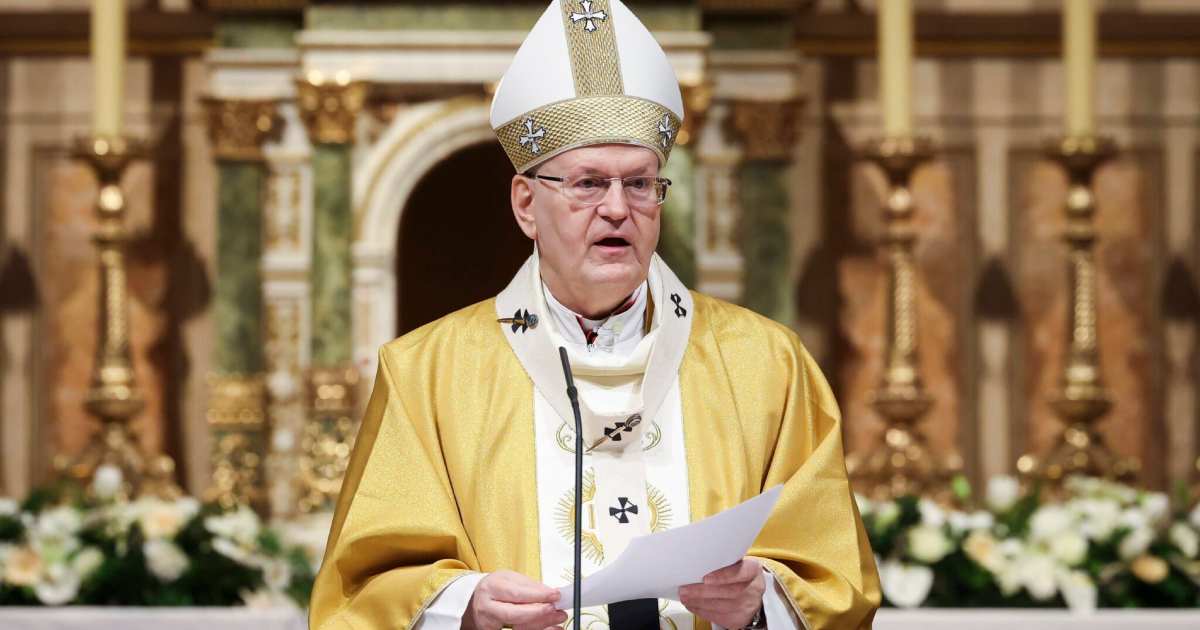
Cardinal Matteo Zuppi (Italy, b. 1955)
Credentials: Archbishop of Bologna and President of the Italian Episcopal Conference (CEI). Long affiliated with the Community of Sant’Egidio, known for peace mediation and humanitarian work. Appointed by Pope Francis as his peace envoy for the war in Ukraine.
Profile: Respected as a pastoral leader with a strong commitment to social justice, interfaith dialogue, and peacebuilding. His influence within the Italian Church and alignment with Pope Francis’s vision of mercy and outreach make him a prominent candidate.
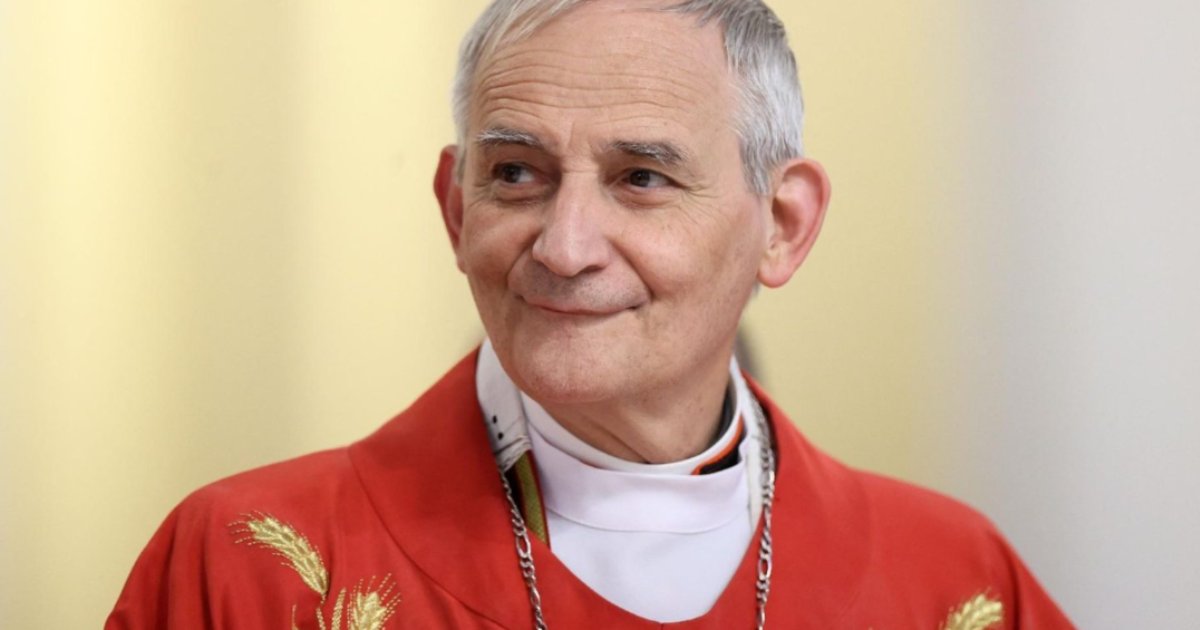
Cardinal Charles Maung Bo (Myanmar, b. 1948)
Credentials: Archbishop of Yangon, Myanmar. President of the Federation of Asian Bishops’ Conferences (FABC). Member of the Salesians of Don Bosco.
Profile: Leads the Church in a nation facing profound political and social challenges. A strong advocate for democracy, human rights, and interreligious harmony in Asia. His election would highlight the Church’s universality and its expanding role in the Global South.
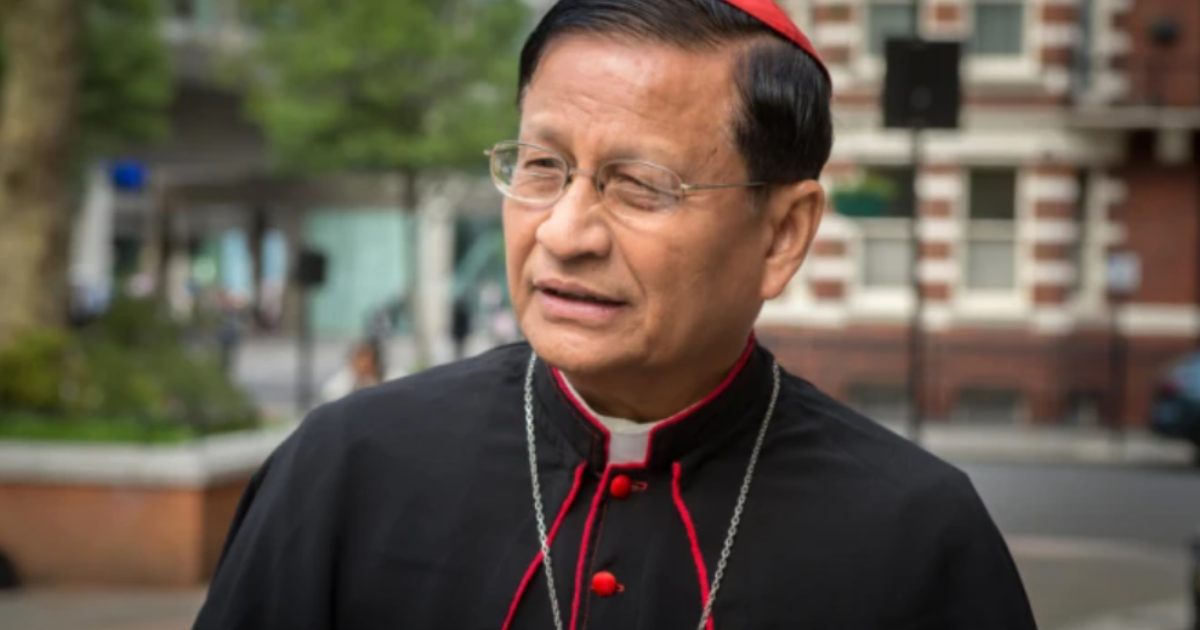
Other Considerations:
This list is far from exhaustive. Cardinals from Africa, Latin America, North America, and other parts of Europe could also emerge as strong contenders, depending on the dynamics within the conclave. Factors such as age, health, linguistic ability, pastoral experience, administrative skills, and theological orientation all play a role.
Ultimately, the decision rests with the cardinal electors, who will seek divine guidance in choosing the best-qualified individual to lead the Catholic Church after Pope Francis.
Stay tuned to Brandsynario for the latest news and updates



